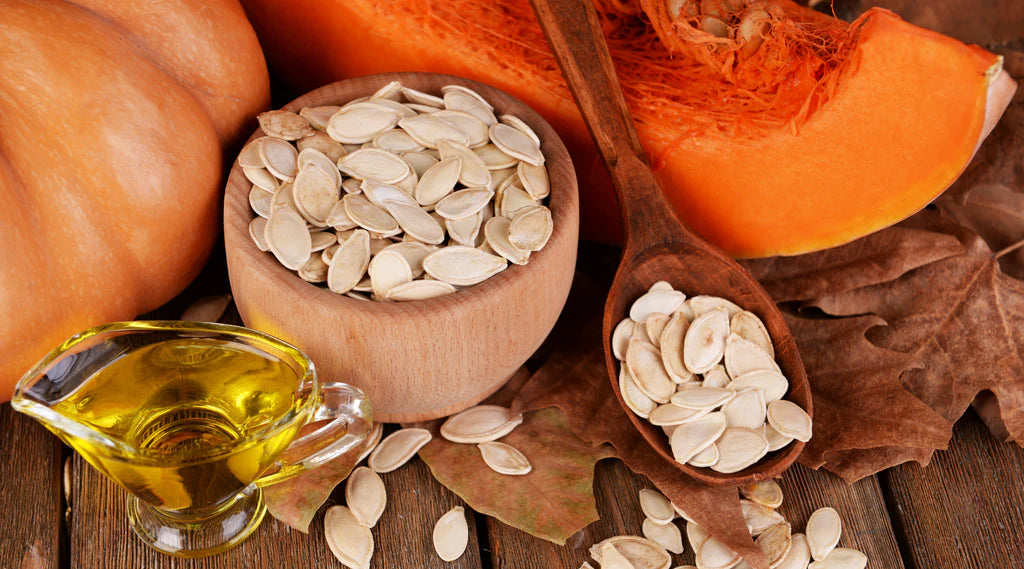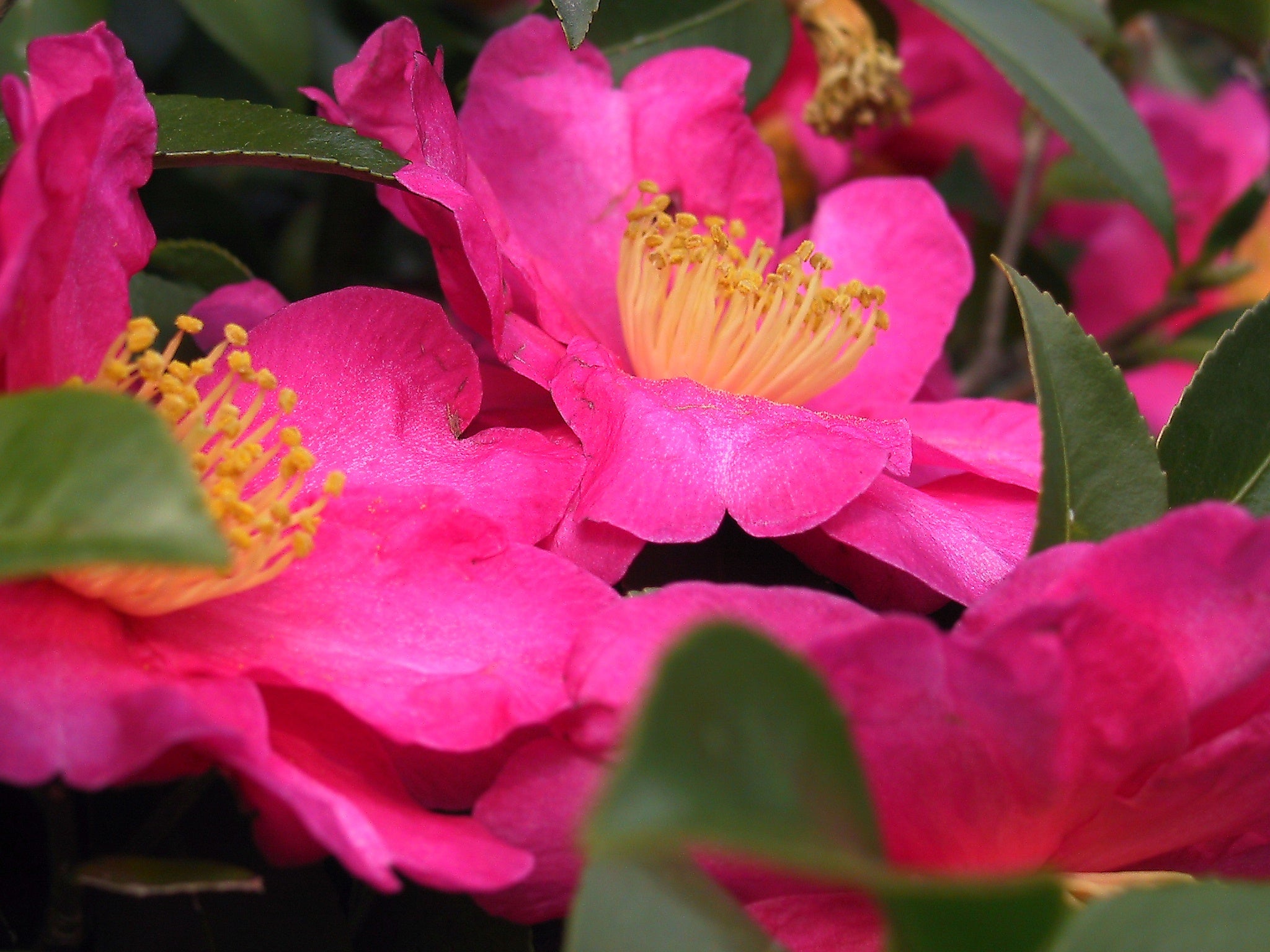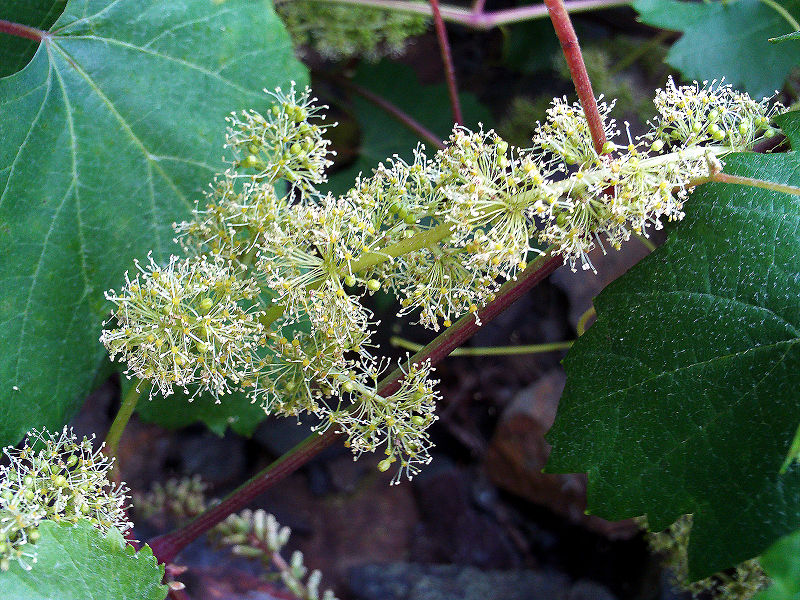
Pumpkin Seed and How It Helps with Acne
What is Pumpkin Seed?
Pumpkin seed, specifically pumpkin seed oil, is a natural ingredient that is used in skincare products for its potential benefits. Pumpkin seed oil is derived from the seeds of the pumpkin (Cucurbita pepo) and is known for its nutritional richness.
In skincare, pumpkin seed oil is valued for several reasons:
- Moisturization: Pumpkin seed oil is lightweight and easily absorbed by the skin. It is used in moisturizers and lotions to hydrate and nourish the skin, leaving it soft and supple.
- Antioxidant Properties: The oil contains antioxidants like vitamin E and carotenoids. These antioxidants help protect the skin from damage caused by free radicals, which can contribute to premature aging and skin issues.
- Anti-Inflammatory Benefits: Pumpkin seed oil has anti-inflammatory properties, making it helpful for soothing irritated or sensitive skin. It can reduce redness and inflammation associated with various skin conditions.
- Fatty Acids: The oil is rich in essential fatty acids, including omega-3 and omega-6. These fatty acids support skin health by maintaining its moisture barrier, which is essential for preventing dryness and protecting against environmental stressors.
- Mineral Content: Pumpkin seed oil contains minerals such as zinc and magnesium, which can contribute to skin health. Zinc, for example, is known for its role in oil regulation and is often used in acne-prone skin care products.
- Exfoliation: Ground pumpkin seeds are sometimes used as a physical exfoliant in scrubs to remove dead skin cells and promote smoother skin texture.
- Nutrient-Rich: The oil is nutrient-rich and may help nourish and rejuvenate the skin, promoting a healthy, radiant complexion.
- Natural Fragrance: Pumpkin seed oil imparts a natural, earthy scent that can add a pleasant fragrance to skincare products.
Pumpkin seed oil is commonly found in a range of skincare products, including moisturizers, serums, facial oils, masks, and exfoliants. Its gentle nature and versatility make it suitable for various skin types, including sensitive and acne-prone skin.
How Pumpkin Seed help with acne
Pumpkin seed oil may potentially help with acne management due to its various properties and components that support skin health. Pumpkin seed oil is rich in vitamin E, zinc, omega 3- and 6- fatty acids as well as antioxidants. When used in skincare, pumpkin seed oil helps retain moisture, calm inflammation, smooth and tone the skin, and protect against free radical damage.
Here's how pumpkin seed oil may be beneficial for acne-prone skin:
- Regulation of Sebum Production: One of the key factors in acne development is excessive sebum (skin oil) production, which can clog pores and lead to breakouts. Pumpkin seed oil contains zinc, which is known for its potential to regulate sebum production. By maintaining balanced oil levels, pumpkin seed oil may help prevent the formation of acne.
- Anti-Inflammatory Effects: Acne is often associated with inflammation, which can lead to redness, swelling, and discomfort. Pumpkin seed oil has anti-inflammatory properties, which can help soothe and calm the skin. This can be particularly beneficial for individuals with inflammatory acne.
- Antioxidant Protection: Pumpkin seed oil contains antioxidants, including vitamin E, which help protect the skin from oxidative stress caused by free radicals. By reducing the impact of free radicals, pumpkin seed oil may aid in preventing skin damage and inflammation associated with acne.
- Moisturization: While it might seem counterintuitive, proper skin hydration is crucial for acne management. Dehydrated skin can trigger the overproduction of oil as the skin tries to compensate for the lack of moisture. Pumpkin seed oil is a lightweight, non-comedogenic moisturizer that can help keep the skin hydrated without clogging pores.
- Skin Healing: Pumpkin seed oil is rich in nutrients and essential fatty acids that support overall skin health and may aid in the repair and regeneration of damaged skin tissue. This can be helpful for individuals with acne-prone skin who are dealing with blemishes and scarring.






